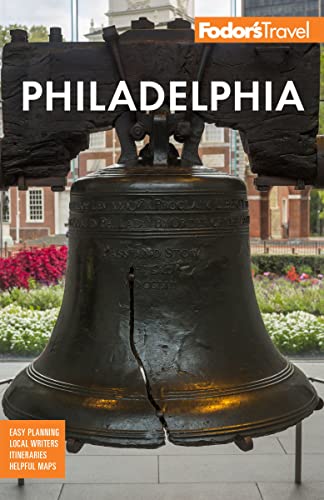William Penn and His Legacy
William Penn was a rebel with a cause. Born in London in 1644 into a nobleman's family, he attended Oxford University, studied law, and tried a military career (in emulation of his father, an admiral in the British Navy). It was at Oxford that Penn first heard Quaker preachers professing that each life is part of the Divine spirit, and that all people should be treated equally. At age 23, Penn joined the Religious Society of Friends (Quakers), who at the time were considered religious zealots.
Penn was imprisoned in the Tower of London for his heretical pamphlets, but he was spared worse persecution because of his father's support of King Charles II. He petitioned the king to grant him land in the New World for a Quaker colony; he was given a 45,000-square-mile tract along the Delaware River in payment of a debt Charles owed to his late father. Indeed, the king named the land Pennsylvania in honor of the admiral.
On Penn's first visit to his colony, from 1662 to 1664, he began his "Holy Experiment," establishing his haven for Quakers. His laws guaranteed religious freedom and an elected government. He bought land from the Native Americans and established a peace treaty that lasted for 70 years.
Penn was called back to England in 1684 and remained there until 1699, caring for his ill wife, Gulielma Maria Springett, who would die without seeing his beloved Pennsylvania. Penn was suspected of plotting with the former Catholic king, James II, to overthrow the Protestant monarchy of William and Mary, who revoked his charter in 1692 for 18 months.
Penn made his second trip to America with his second wife, Hannah Callowhill Penn, in 1699. The couple moved into Pennsbury Manor along the upper Delaware River, where, while preaching about a life of simplicity, he lived in luxury. Penn issued a new frame of government, the Charter of Privileges, which became a model for the U.S. Constitution. He had to return to England yet again in 1701; there he was consumed by the political and legal problems of his colony, a term in prison for debt, and then illness. Penn died before he could return to Pennsylvania. After his death, his wife honored him by assuming the governorship for nine years.
Although Penn spent only 4 of his 74 years in Pennsylvania, his legacy is profound. As a city planner, he mapped out a "greene countrie towne" with broad, straight streets. He positioned each house in the middle of its plot, so that every child would have play space; he named its streets—Walnut, Spruce, Chestnut—for trees, not for men. His original city plan has survived. As a reformer, Penn replaced dungeons with workhouses; established the right of a jury to decide a verdict without harassment by a judge; provided schools where boys—and girls—could get a practical education; and limited the death penalty to two offenses—murder and treason—rather than the 200 mandated by English criminal law.




